Fountain Pens vs Ballpoint vs Gel Pens: Which One Is Right for You?
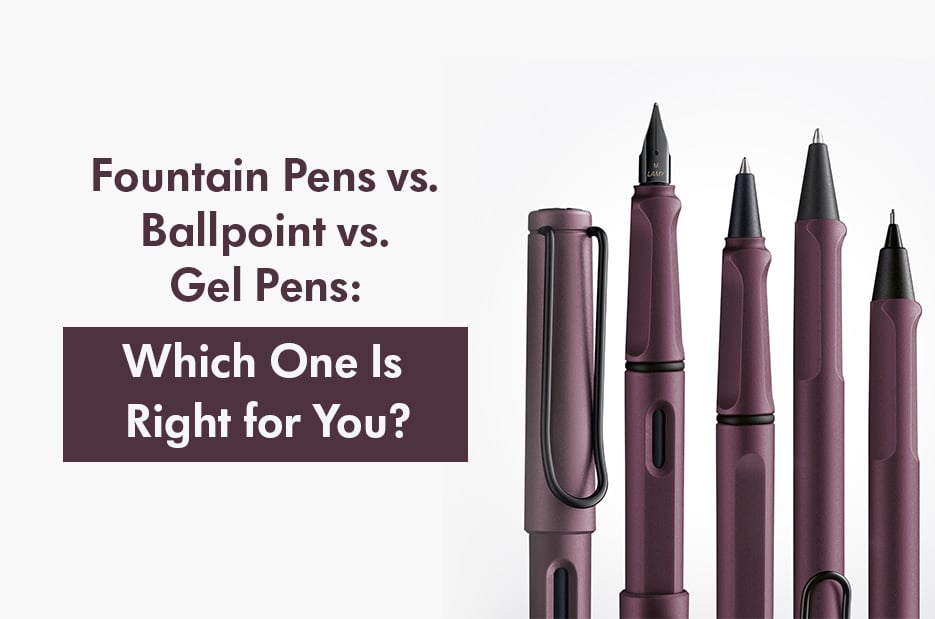
Choosing the Right Pen: Why It Matters for Every Writer
Have you ever wondered about the importance of that writing tool in your hand while you’re brainstorming?
Indeed, not all types of pens are suitable for everyone and every purpose. For example, the pen you use for signing documents is probably not the best pen for writing in your journal.
So, between fountain pens vs ballpoint vs gel pens, which is the right one for you? You’ll find your answer in this blog.

Understanding Fountain Pens vs Ballpoint vs Gel Pens
Before we reveal the best pen for writing, it's essential to understand the different types of writing pens. These types of pens all feature different mechanisms, feel unique in your hand, and serve various purposes.
1: Fountain Pens: Elegant, Refillable, and Perfect for Long Writing Sessions
A fountain pen requires very minimal pressure for it to glide smoothly and elegantly on paper. Thus, effortless writing guarantees no hand cramps.
The ink flows through the nib is channelled through an ink chamber, which is only activated when you hold the pen at a particular angle.
Moreover, between the fountain pen and gel pen, the former comes with an ink reservoir. Hence, it’s refillable and does not add to environmental waste.
However, gel pens tend to run out faster, which can be an inconvenience for everyday use. On the other hand, fountain pens guarantee a smooth writing experience.
However, these luxury writing instruments require regular maintenance. You need to flush the feed, clean the reservoir while switching ink colours, and handle them gently to avoid any leaks or nib damage.
In conclusion, the investment and maintenance may be high, but the experience offers long-term value.
Also Read: Top Fountain Pen Mistakes to Avoid
2: Ballpoint Pens: Affordable, Smudge-Free, and Great for Everyday Use
Next, we come to ballpoint pens with their oil-based ink and ball-and-socket mechanism. Between gel vs. ballpoint, the latter features quick-drying ink! Hence, its smudge-proof ink makes it a favourite among the best pens for everyday use.
Moreover, they’re extremely cost-effective and require no skills or maintenance. However, they can be unreliable for long writing sessions.
That’s because the principle of capillary and surface tension in a ballpoint demands more hand pressure for a smooth writing experience.
Despite this slightly inconvenient disadvantage, ballpoint pens are the perfect, affordable choice for daily scribbling, taking down notes, and using for legal forms.
Also Read: Benefits of Using a Ball Point Pen
3: Gel Pens: Bold, Vibrant, and Perfect for Everyday Use
Gel pens produce smooth and vibrant ink, which results in bold and crisp lines. Moreover, their water-based gel ink flows seamlessly; hence, you need to exert very minimal pressure.
Thus, these refillable pens are perfect for everyday use, where you can enjoy a smooth writing experience.
However, they may not be the best pen for left-handed writers. That’s because gel ink takes its time to dry. Hence, smudging is a real possibility if you're not quick to get out of the way.
Gel cartridges also tend to run out faster, and the pens are usually mid-priced.
Also Read: Tips for Lefties Using Fountain Pens
Fountain vs Ballpoint vs Gel: Which Pen Should You Choose?
Thus, we’ve discussed fountain pens vs. ballpoint vs. gel pens. However, we still don’t know which is the best pen for writing for you. Let’s clear it out!
If you’re someone who dedicates the majority of their time to writing, a fountain pen can be your loyal and reliable companion.
Their elegant writing experience requires minimal pressure, which keeps your hand relaxed and your writing excellent. Thus, they’re perfect for the ones who spend their time journaling, taking notes, or doing calligraphy.
Gel pens also offer a smooth writing experience with their vibrant ink flow. However, the ink takes more time to dry. Hence, they’re not the best pen for left-handed writers.
At the same time, if you’re a fast note-taker, you run the risk of smudging if you’re using a gel pen.
On the other hand, ballpoint pens are the best pens for everyday use, and they’re the perfect pen for left-handed writers due to their quick-drying ink! They’re durable, dependable, and affordable.
Also Read: What Are the Differences Among Fountain Pens, Rollerballs, and Ballpoints?
Final Thoughts: How to Choose the Best Pen for Your Writing Style
When you’re choosing from the different types of pens, you should have your writing purposes figured out first.
That’s because the best pen for writing is not the one that is the most popular or has the best features. Instead, it’s the one that fits you the best.
Thus, instead of fountain pens vs. ballpoint vs. gel pens, you need to know which can give you the best writing experience.
Discover Premium Writing Tools at LAMY: Explore Our Collection
Find a wide range of fountain pens, ballpoint pens, and rollerballs at your nearest LAMY boutique store or on the LAMY website. LAMY’s thoughtfully designed range is created for you and your writing needs. So, choose the one that gets to write your story!
Also Read: Normal vs. Luxury Pens: What Makes Each Unique?
FAQs on Fountain, Ballpoint, and Gel Pens
1: Can fountain pens smudge?
Ans: Yes, they can if you’re not careful enough. Fountain pen ink is water-based and dries slowly. Hence, it can smudge if you leave it uncapped or upturned.
2: Are gel pens waterproof?
Ans: Many gel inks resist water and fading once they dry. This is due to the pigment bases. However, the quality varies. Not all gel pens are waterproof. Hence, you must check the cartridge info before using it on any important documents.
3: Do ballpoints require heavy pressure?
Ans: Yes, they do. Ballpoints need more pressure to roll the oiled ink ball. This can cause fatigue during long note-taking sessions, unlike smooth-flowing fountain or gel pens.
4: Which pen suits left-handed writers best?
Ans: A ballpoint pen is the safest and best pen for left-handed writers. They dry fast and work on any paper! However, fountain pens also work with fast-drying ink and smooth paper. But gel pens need caution due to smudging from slow-drying ink.
5: Are fountain pens better for journaling?
Ans: Yes, definitely! Fountain pens offer expressive line variation, low-pressure writing, and diverse ink choices. Hence, they’re perfect for your thoughtful journaling sessions.







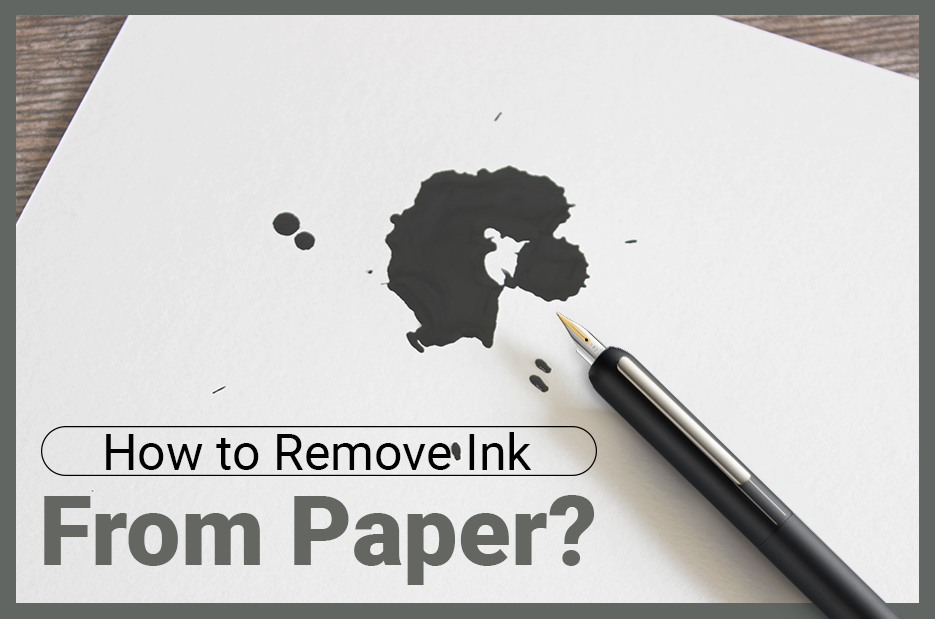

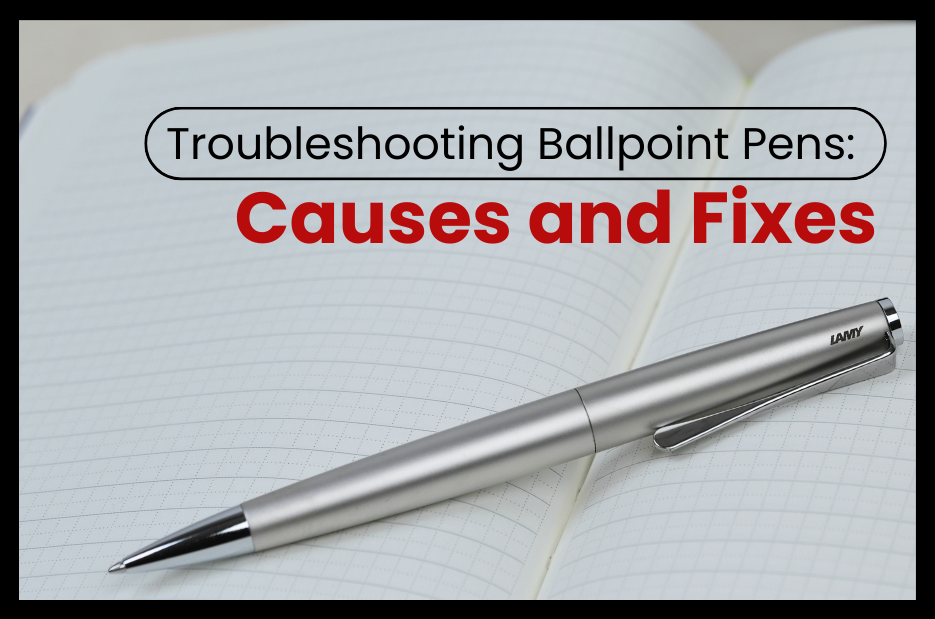
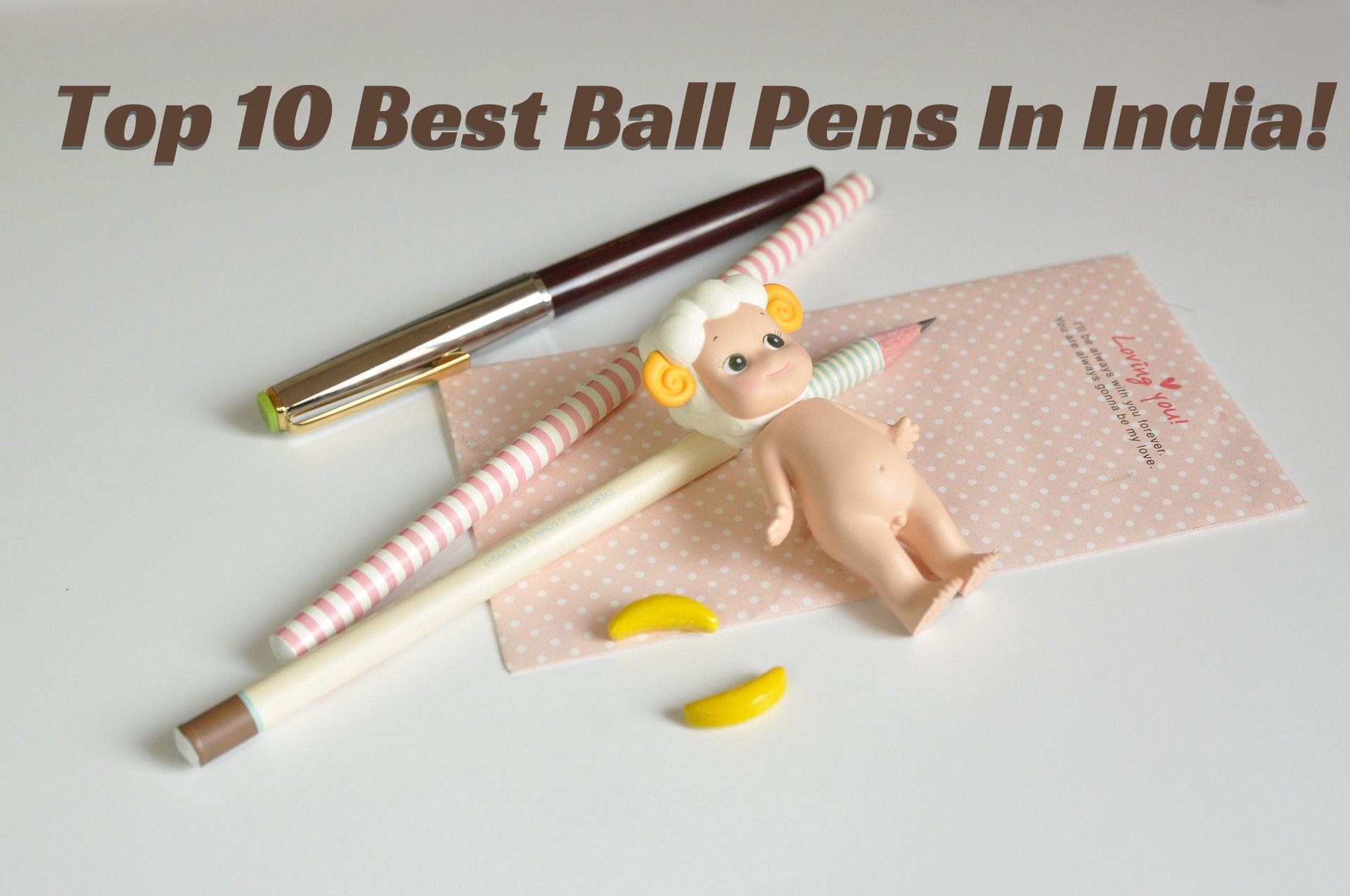



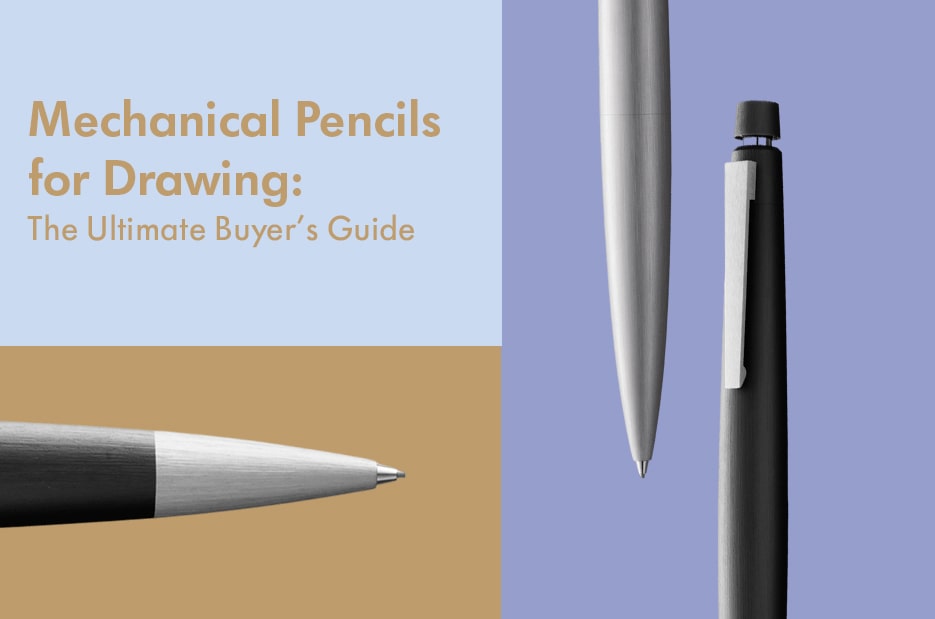
Comments